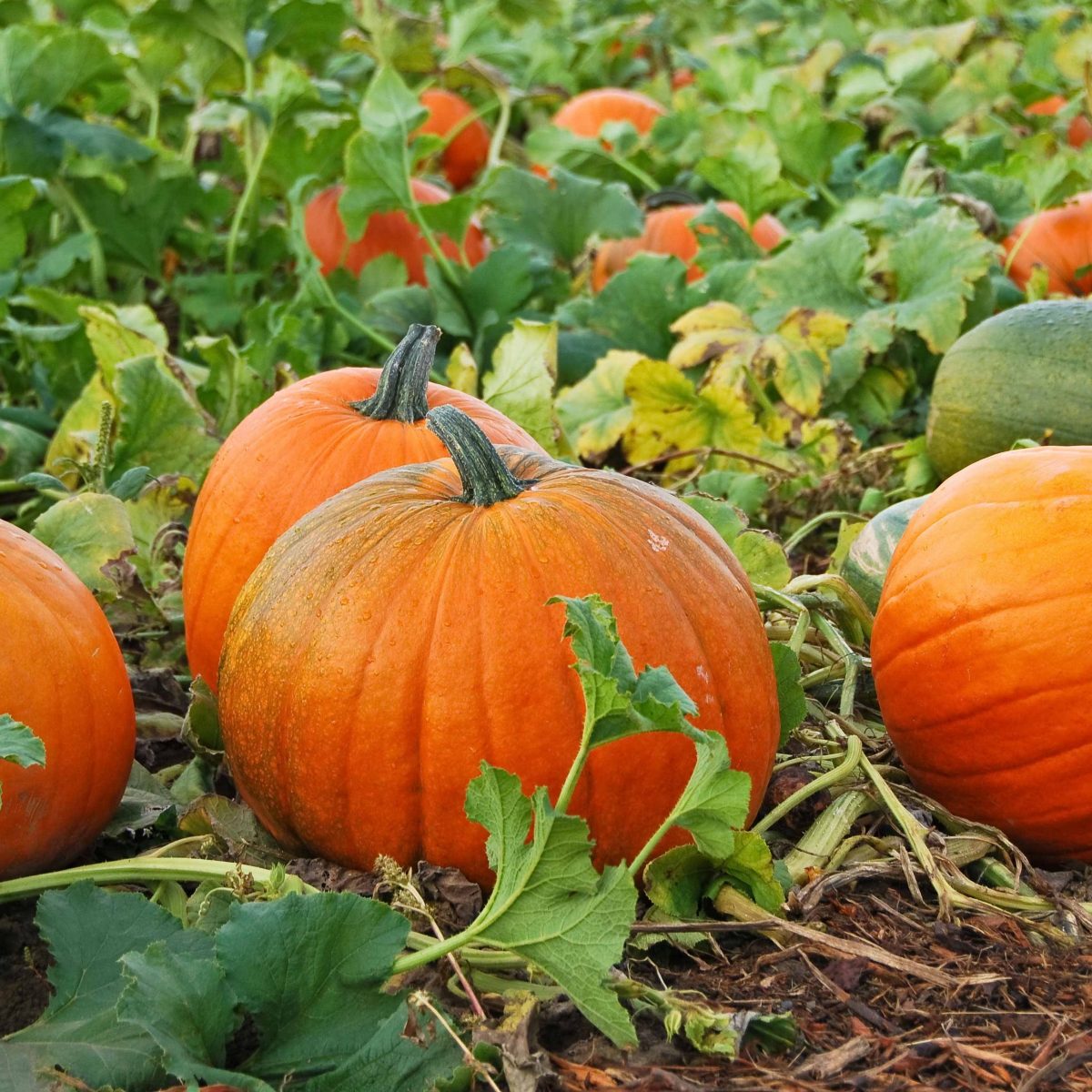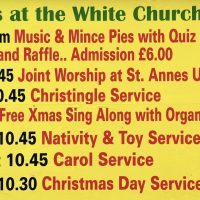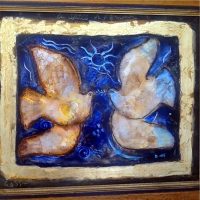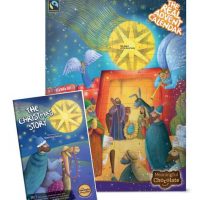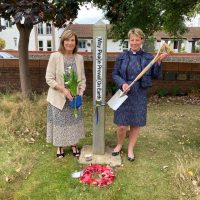Once again we have come to that time of the year when everything is changing. Summer has given way to autumn, the trees are shedding their leaves and birds are preparing to fly south for the winter, if they haven’t already left. By now farmers’ grain harvests will all have been gathered in marking the end of the yearly cycle but they will be preparing the ground for next year’s crop and possibly sowing winter wheat marking the beginning of the next cycle, although they will continue to harvest certain vegetable crops over the next few weeks and even throughout the winter. One crop which we have become used to seeing in our fields in recent years, introduced from America, is the pumpkin. In Britain however its main use is not for eating but for carving into lanterns for Halloween, replacing the turnips of my childhood.
Halloween itself at the end of October marks another new beginning. In many ancient cultures it was the end of the old year and the beginning of the new, celebrated by the Celts as Samhain (pronounced sow’ain), when the barriers between this world and the next or spirit world were very thin, allowing them to be crossed. Lanterns and bonfires were lit and lots of noise was made to guide friendly spirits and scare away the bad. It is also a time of reflection. At the end of October the clocks go back, the nights draw in and it is a time to gather indoors in the warmth, to sit round the fire (or our multi-fuel/wood burners) as our ancestors would have done to tell their stories and celebrate their own ancestors.
During this relatively quiet period we have the opportunity to reflect and take stock and consider where we are on our Christian journey, to review our relationships with God, with other Christians and with the wider world. A good time to do this is in the middle of the October during One World Week or during the 26th United Nations Climate Change Conference of the Parties (COP26) in Glasgow from 31st October – 16th November. We are all an integral part of God’s creation and each have an important role to play in God’s plans. We therefore need to be aware of how our activities affect the world and its inhabitants, plants, animals and people. We should also find out what we can do to help, by buying fairly traded and ethically produced goods and giving a little of our time or money to charities and aid organisations. One practical way in which people can contribute is by helping to pack the shoeboxes for Operation Christmas Child (these days you can even do it on-line, although that takes most of the fun out of it).
This season of endings and beginnings offers us such a wealth of images and opportunities for reflection on God’s provision and care for us, time to consider who we are, what we have been and done, and where going. We are more than half way between the two big Christian festivals of Easter and Christmas and in this quiet, winding down time of year we have the chance to pause and take stock. Maybe it is time for us to consider our identity, and our relationship with God, through Jesus Christ, our Lord. So this autumn think of your place in God’s creation, your part in his plans, and pray for his guidance as to the role you should play in helping to bring those plans to fruition. Above all let’s give thanks to God for his bountiful provision.
So let us just stop for a while, obeying the words of the psalmist, ‘Be still, and know that I am God.’ (Psalm 46:10) Janet.


